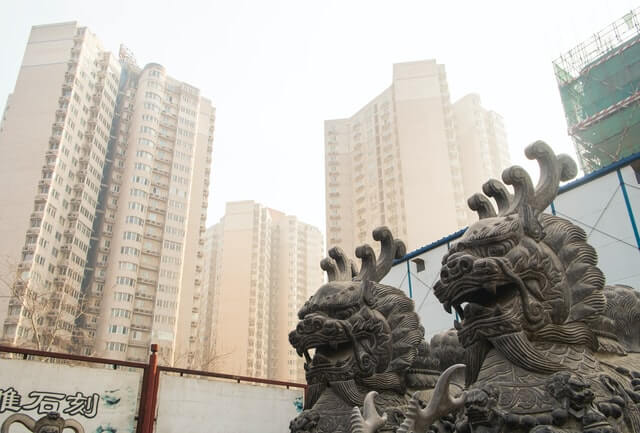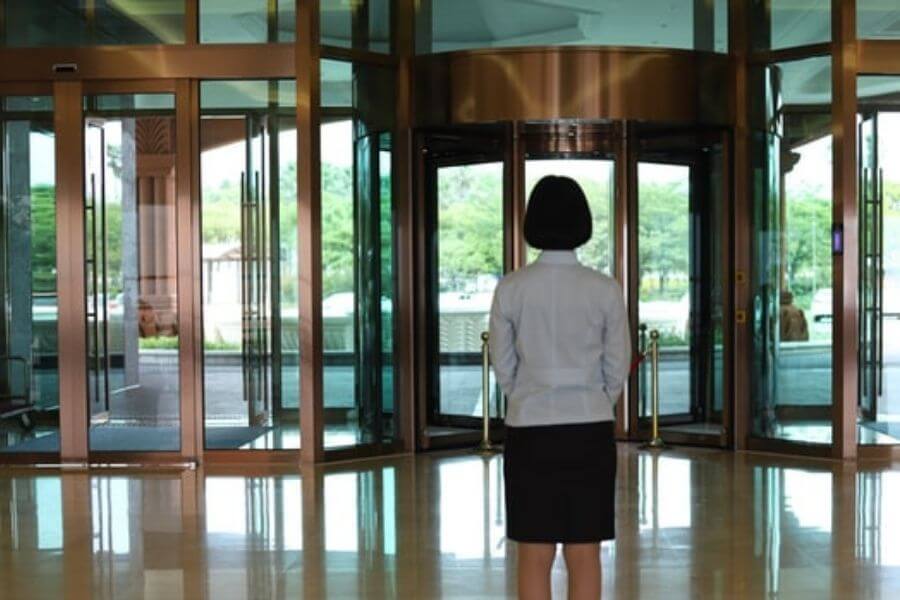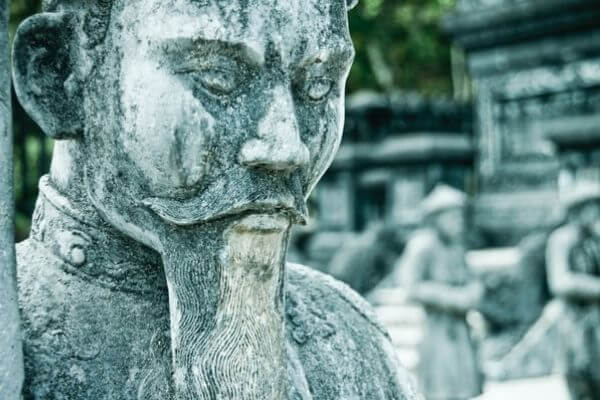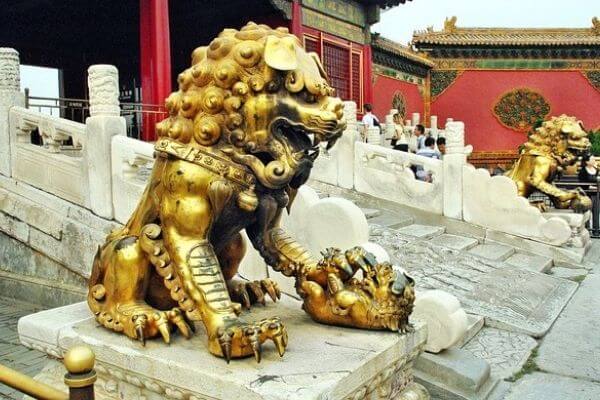
Key takeaways:
- In 2021, China’s Supreme People’s Court (SPC) promulgated the “Provisions on Judicial Disciplinary Rules (For Trial Implementation)”, which specifies for the first time the judicial disciplinary procedure.
- To a certain extent, the establishment of the Judicial Disciplinary Committees (JDCs), as the reviewing body, in the SPC and provincial high courts, can free the judicial discipline from local interference, which ensures the independence of judges.
- After a review opinion on whether the judge commits misconduct made by the JDC, the opinion will be served on the judge under investigation and the court where he serves will make a disciplinary decision accordingly.
- The judge concerned has the right to apply for a reconsideration or an appeal, and shall not be punished to a greater extent due to such application.
In December 2021, the Supreme People’s Court (SPC) of China promulgated the “Provisions on Judicial Disciplinary Rules (For Trial Implementation)” (hereinafter the “Disciplinary Rules”, 法官惩戒工作程序规定(试行)).
The Disciplinary Rules defines for the first time the judicial disciplinary procedures.
I. The history of judicial discipline in China
Since 2014, the SPC has carried out a nationwide judicial reform.
Improving the judicial accountability system, one of the most important measures in Chinese judicial reform, is supposed to hold judges accountable for life for cases they have handled and to effectively discipline judges for misconduct.
On this basis, the SPC has experimentally explored the judicial disciplinary mechanism. We have been following these explorations.
As in the post “How Judicial Discipline Works in China?”, we have introduced what misconduct judges will be disciplined and how judges are disciplined.
We have also introduced in the post “Operation of China’s Judicial Disciplinary Committee” that since 2016, China has been working on establishing judicial disciplinary committees for investigating the malpractice of judges.
The Disciplinary Rules promulgated by the SPC further contributes to the improvement of China’s judicial disciplinary mechanism.
II. What does the Disciplinary Rules say
The Disciplinary Rules specifies the judicial disciplinary procedures. The details are highlighted as follows:
1. Acceptance and investigation
The court’s department responsible for the supervision of judges (the “investigation department”) accepts reports and complaints about the misconduct of judges, as well as investigates relevant clues handed over by other relevant units and departments. With the approval of the court president, the investigation department may investigate the judge’s misconduct.
During the investigation, the judge under investigation has the right to know, apply for recusal, make a statement, present evidence, and defend himself.
During the investigation, the court president may approve the suspension of the judge under investigation from performing his duties.
2. Submit to the Judicial Disciplinary Committee (“JDC”) for deliberation
If the investigation department confirms that the judge under investigation commits misconduct and needs to be disciplined, the court president may refer the case to the JDC for deliberation.
There are JDCs established in the SPC and provincial high courts. The powers and functions of the JDC include:
- The discipline of SPC judges shall be deliberated by the JDC of the SPC.
- The discipline of judges of a provincial high court and all local courts (including primary and intermediate courts) within the province shall be deliberated by the JDC of the provincial high court.
Most first- and second-instance cases in China are accepted by primary and intermediate courts subordinate to the high court. If a judge hearing such cases commits misconduct, the court he serves has no right to deliberate the judicial discipline case of the judge concerned, which shall be deliberated by the JDC of a higher court.
To a certain extent, this frees the judicial discipline from local interference, which ensures the independence of judges.
3. Hearing and deliberation of the JDC
The JDC shall organize a hearing when deliberating disciplinary matters. The investigators and the judge under investigation shall participate in the hearing and express their opinions respectively.
If the JDC intends to make a review opinion on whether the judge under investigation violates his judicial duties, it must be approved by more than two-thirds of all its members.
However, the JDC has no right to make a disciplinary decision against the judge, but can only make a review opinion on whether the judge commits misconduct. The review opinion will be served on the judge under investigation and the court where he serves will make a disciplinary decision accordingly.
4. Disciplinary decisions
If the JDC’s review opinion indicates that the judge has intentionally violated his judicial duties, or has gross negligence, resulting in wrongful conviction and serious consequences, and the JDC believes that the judge should be disciplined, then the court where he serves shall decide the specific disciplinary measures according to the review opinion.
Disciplinary measures may include:
- Discipline related to the judge status: suspension from duty, promotion postponement, transfer to another position, disqualification for judge quota, dismissal, and compelled resignation;
- Discipline related to the civil servant status: warning, demerit recording, major demerit recording, demotion, removal, and dismissal.
The court shall inform the JDC of its disciplinary decision and implementation thereof.
5. Remedies
If the judge concerned is not satisfied with the disciplinary decision, he may seek the following two remedies:
(1) Apply to the court making the disciplinary decision for reconsideration; if not satisfied with the reconsideration result, he may appeal to a higher court.
(2) Appeal directly to a higher court without applying for reconsideration first.
The judge concerned shall not be punished to a greater extent due to applying for reconsideration or filing an appeal.
6. Investigation of crimes
In the process of handling a judge’s violation of judicial duties, if the investigation department finds that the judge is suspected of committing a crime, it shall transfer the case to the competent supervisory organ or procuratorate for investigation.
III. What else does the Disciplinary Rules say
The following points in the Disciplinary Rules also deserve our attention:
1. Protection of judges
The premise of judicial disciplinary is that judges’ performance of their judicial duties according to the law is protected by law. A judge shall not be investigated for liability without legal reason and due procedure.
2. Composition of the JDC
Members of the JDC shall be selected from among deputies to the People’s Congresses, members of the CPPCC (at its national or local committees), legal experts, judges, prosecutors, lawyers, and other legal professionals. Among them, the number of judges shall account for no less than half of all members.
Contributors: Guodong Du 杜国栋






